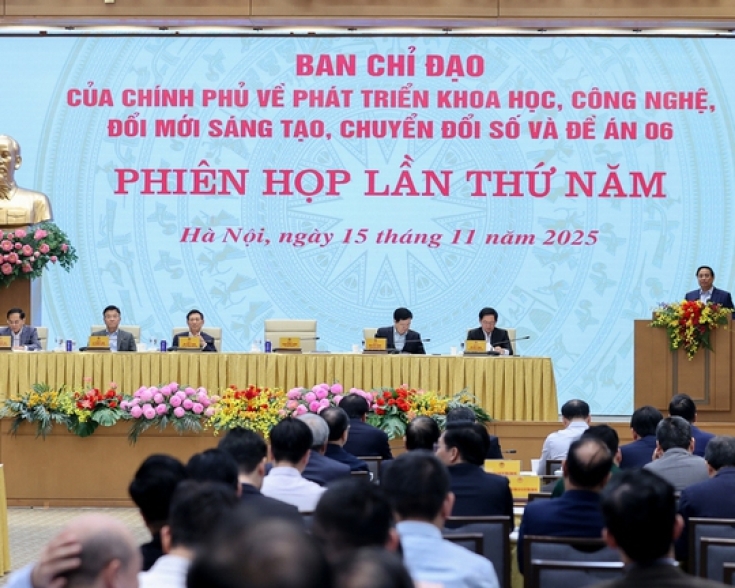Changes to the USG’s global AI chip policy could be beneficial to Malaysia
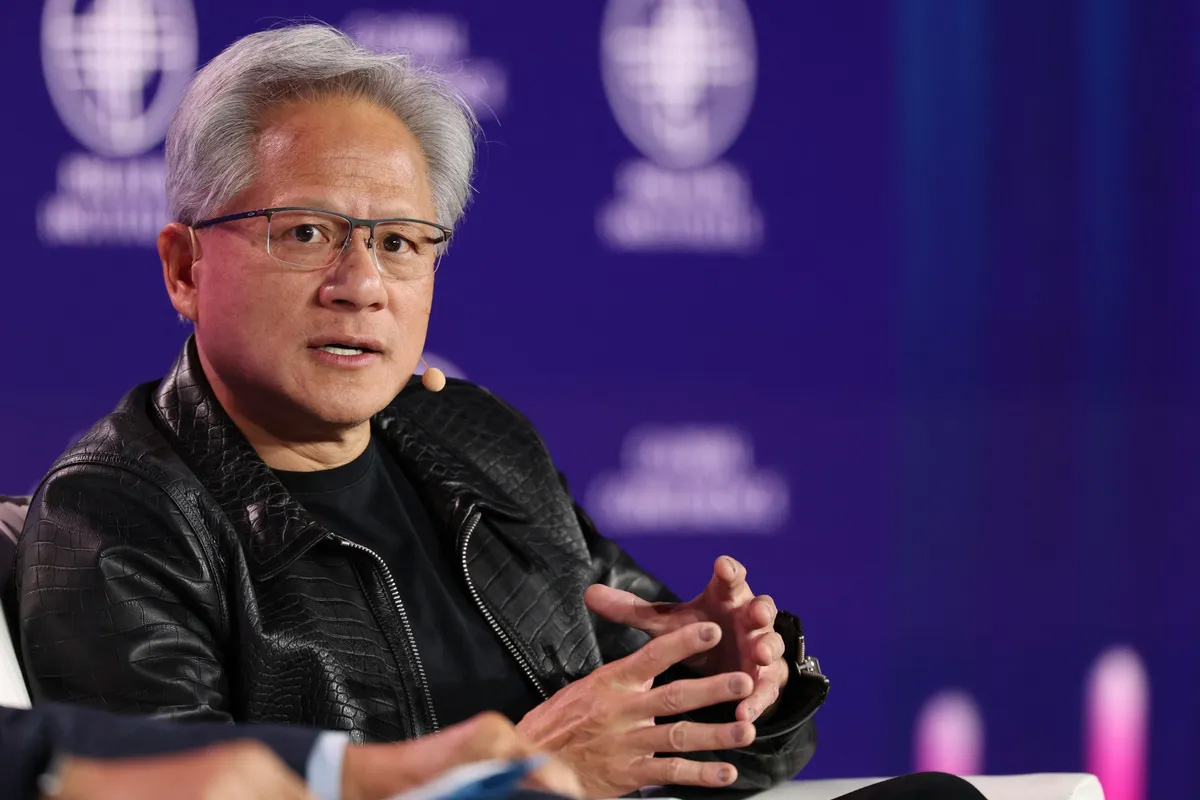
The Trump administration announced plans to repeal the Biden-era AI diffusion rule, which grouped countries into tiers for semiconductor exports. While China-specific restrictions remain, Malaysia—previously covered under sweeping licensing requirements—stands to benefit from the rollback. The decision follows months of discussion by industry leaders and governments which had expressed concern over stifled access to U.S. technology and its impact on semiconductor growth.
The rollback of the AI diffusion rule marks a strategic shift from a globalized export control system to a more transactional, country-by-country negotiation approach. As a key player in semiconductor assembly and testing, Malaysia was disproportionately affected by generalized restrictions, despite its alignment with U.S. strategic interests. Recently, Malaysia’s Minister of Investment, Trade and Industry, Tengku Zafrul Aziz, also confirmed ongoing bilateral negotiations on trade and tech policy measures.
The plan to lift the curbs could provide critical breathing room for companies that have invested heavily in the region. Moreover, the potential negotiation on bilateral chip accords offers long-term strategic alignment between U.S. industry interests and could push forward Malaysia’s ambition to lead in next-generation tech manufacturing and enhances the viability of Southeast Asia as a production and innovation base.



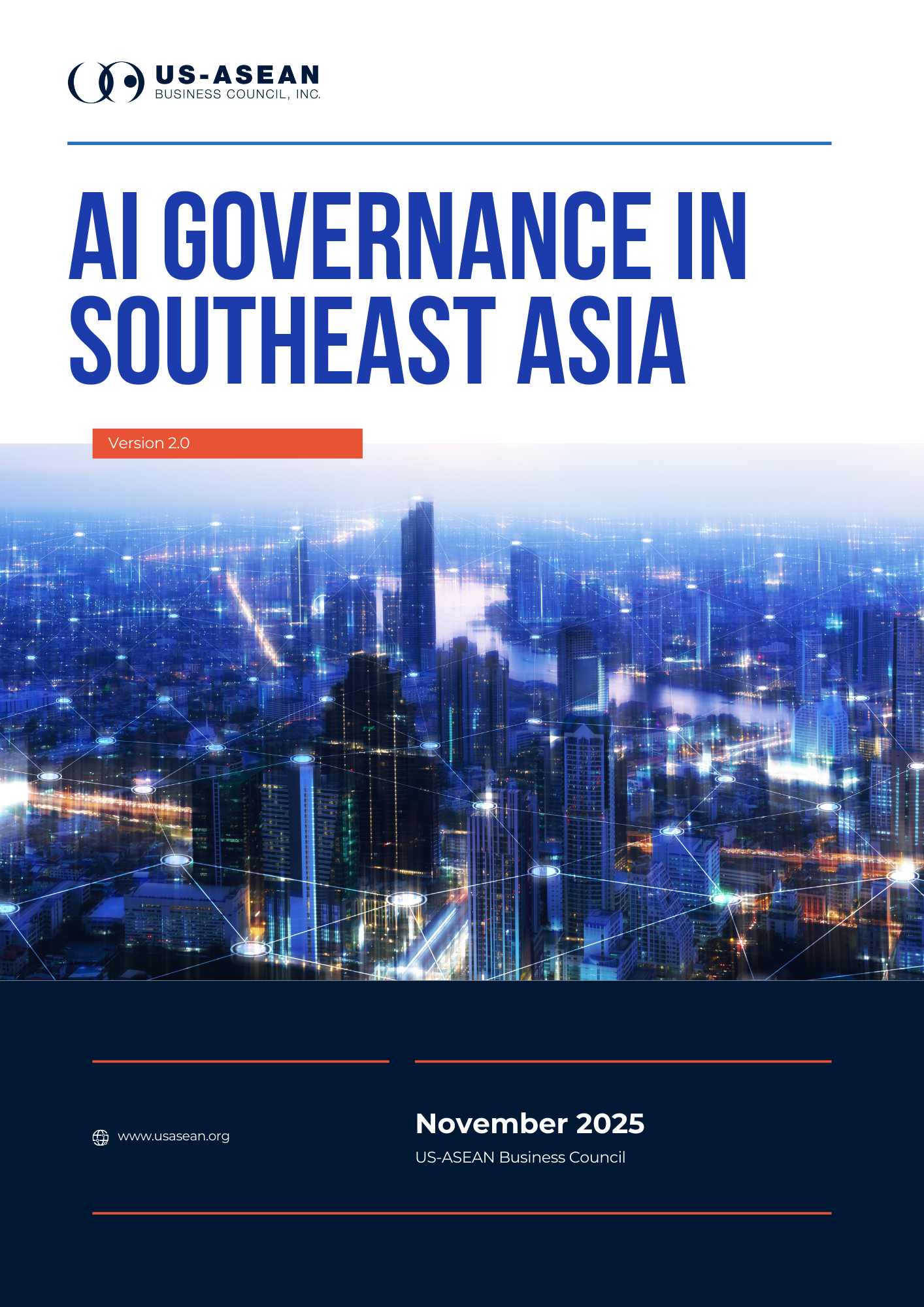
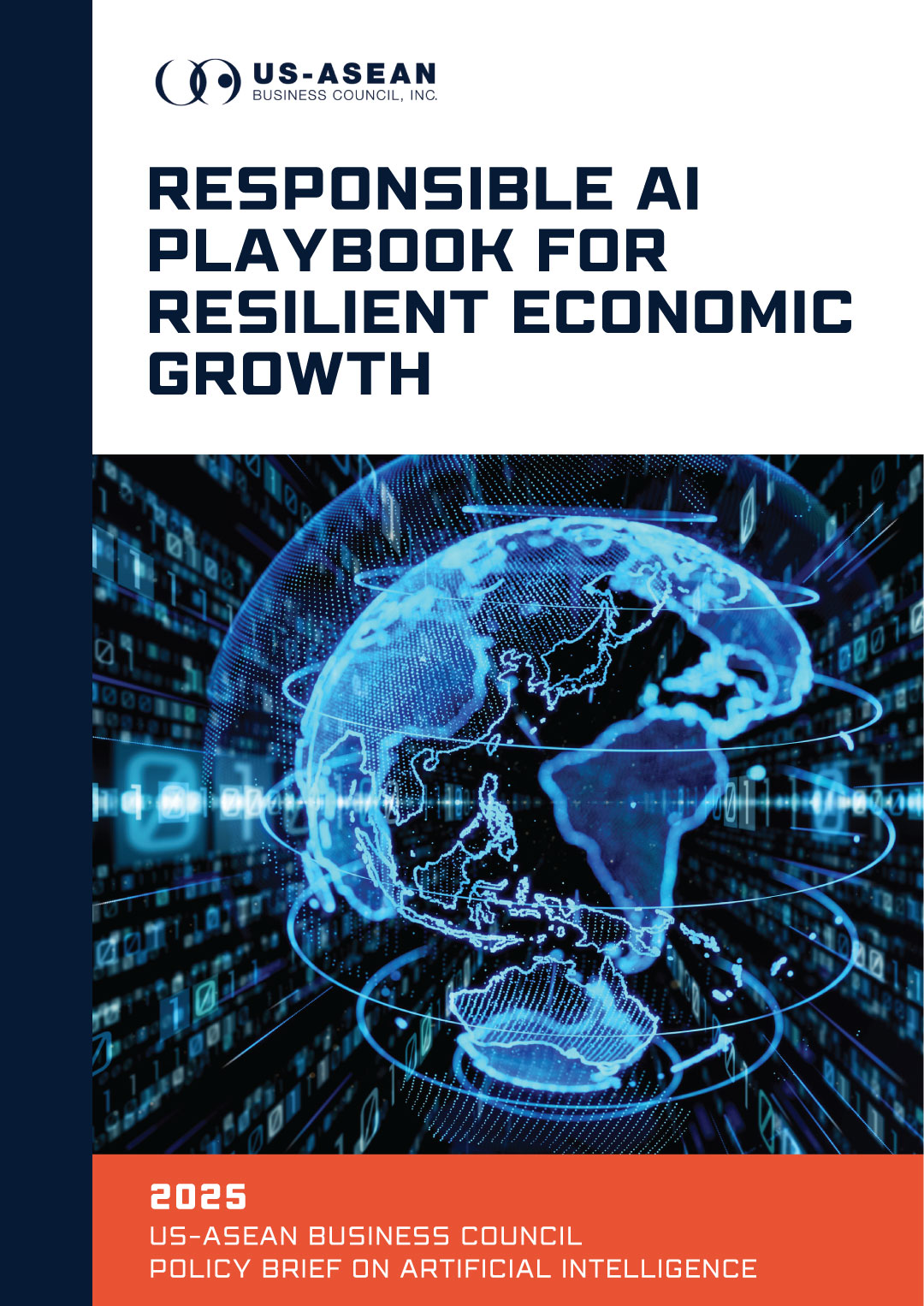
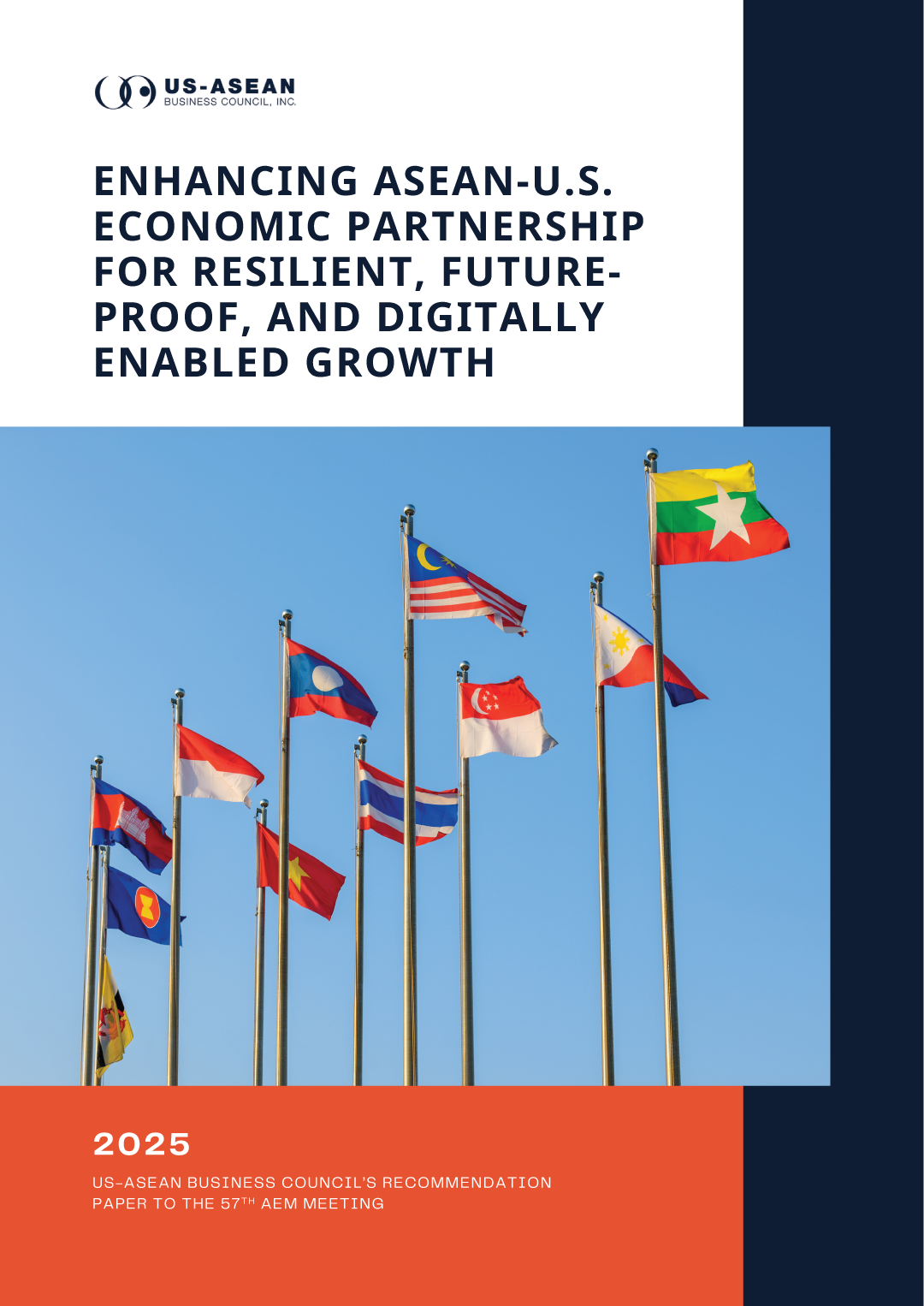
![Cover-[USABC-Final]-Driving-ASEAN-Unity-Malaysia's-Vision-for-2025](/sites/default/files/2025-07/Cover-%5BUSABC-Final%5D-Driving-ASEAN-Unity-Malaysia%27s-Vision-for-2025.jpg)
